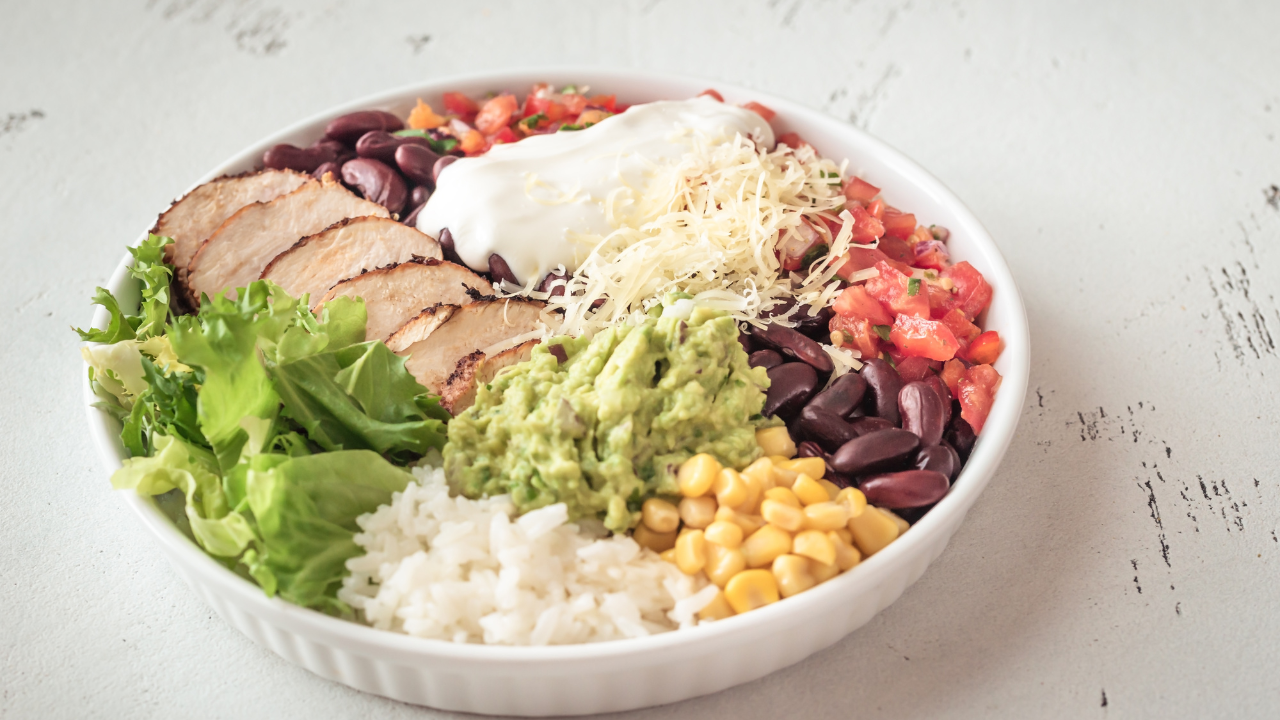Why Busy Professionals Need Affordable Healthy Meal Plans
In today’s fast-paced world, busy professionals often struggle to maintain a healthy diet. Work schedules, meetings, and deadlines can make it tempting to grab quick takeout meals or rely on processed snacks. However, these choices can be costly and may negatively affect your health over time. A well-thought-out meal plan helps save time, money, and energy, while also supporting better focus and productivity at work. Affordable healthy meal planning doesn’t have to be complicated — it’s about making smart choices, shopping strategically, and preparing simple, balanced meals. By incorporating nutritious ingredients like whole grains, lean proteins, and seasonal vegetables, professionals can stay energized throughout the day. Planning ahead also reduces food waste, making it a sustainable and budget-friendly approach. This combination of convenience, cost-effectiveness, and nutrition makes a structured meal plan an essential tool for any busy professional who wants to stay healthy without overspending.
Creating a Practical and Budget-Friendly Meal Plan
The first step in creating a practical meal plan is to assess your weekly schedule and determine how many meals you need to prepare. Start with a simple framework — breakfast, lunch, dinner, and a few healthy snacks. Batch-cooking on weekends is a great strategy, as it allows you to prepare multiple portions of grains, proteins, and vegetables in one go. For example, you could roast a tray of mixed vegetables, cook quinoa or brown rice, and prepare a large batch of grilled chicken or lentils. These components can be mixed and matched during the week to create a variety of meals. Shopping in bulk for pantry staples such as oats, beans, and spices can cut costs significantly. Consider using frozen vegetables or fruits to save money and prevent spoilage. Sticking to a grocery list and avoiding impulse buys are simple but powerful ways to stay within budget while still eating healthy.
Sample Affordable Healthy Meal Ideas
Planning meals in advance becomes easier with a few go-to ideas. For breakfast, overnight oats with chia seeds, fruit, and a drizzle of honey offer a quick, nutritious start to the day. Another option is scrambled eggs with spinach and whole-grain toast. Lunch can include a grain bowl with brown rice, roasted vegetables, and a lean protein like chicken, tofu, or beans. For dinner, a simple stir-fry with seasonal vegetables and a light sauce over noodles or quinoa is both filling and budget-friendly. Snacks should be easy to grab, such as mixed nuts, yogurt, or carrot sticks with hummus. These meals are not only affordable but also nutrient-dense, providing the energy you need to get through long workdays. By rotating ingredients and flavors, you can avoid food fatigue and keep meals exciting. A well-planned menu also helps resist the temptation of pricey takeout meals during busy days.
Tips for Staying Consistent with Your Meal Plan
Consistency is key when it comes to maintaining a healthy meal plan. Setting aside time each week to plan, shop, and prep ensures you always have healthy options available. Keeping your pantry stocked with versatile ingredients makes it easier to throw together quick meals when your schedule gets hectic. Meal prep containers can help with portion control and keep food fresh for several days. If cooking every day feels overwhelming, try theme nights — such as Meatless Monday, Taco Tuesday, or Stir-Fry Friday — to make planning fun and predictable. Tracking your meals and budget can also keep you motivated, as you’ll see how much money and time you’re saving. Most importantly, allow flexibility in your plan so you don’t feel restricted. Eating well should be enjoyable, not stressful. When you find a routine that works, it becomes second nature, helping you stay healthy, productive, and financially mindful.




